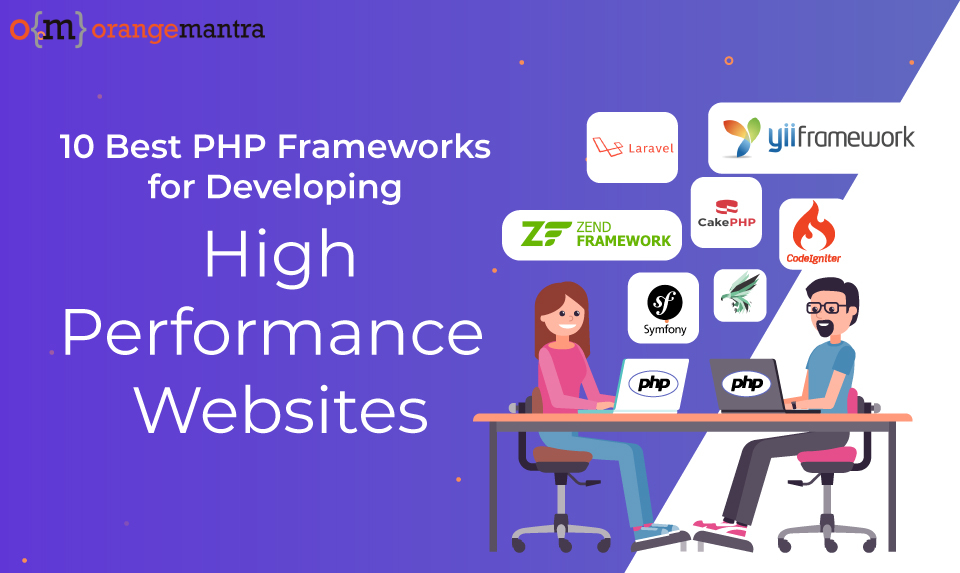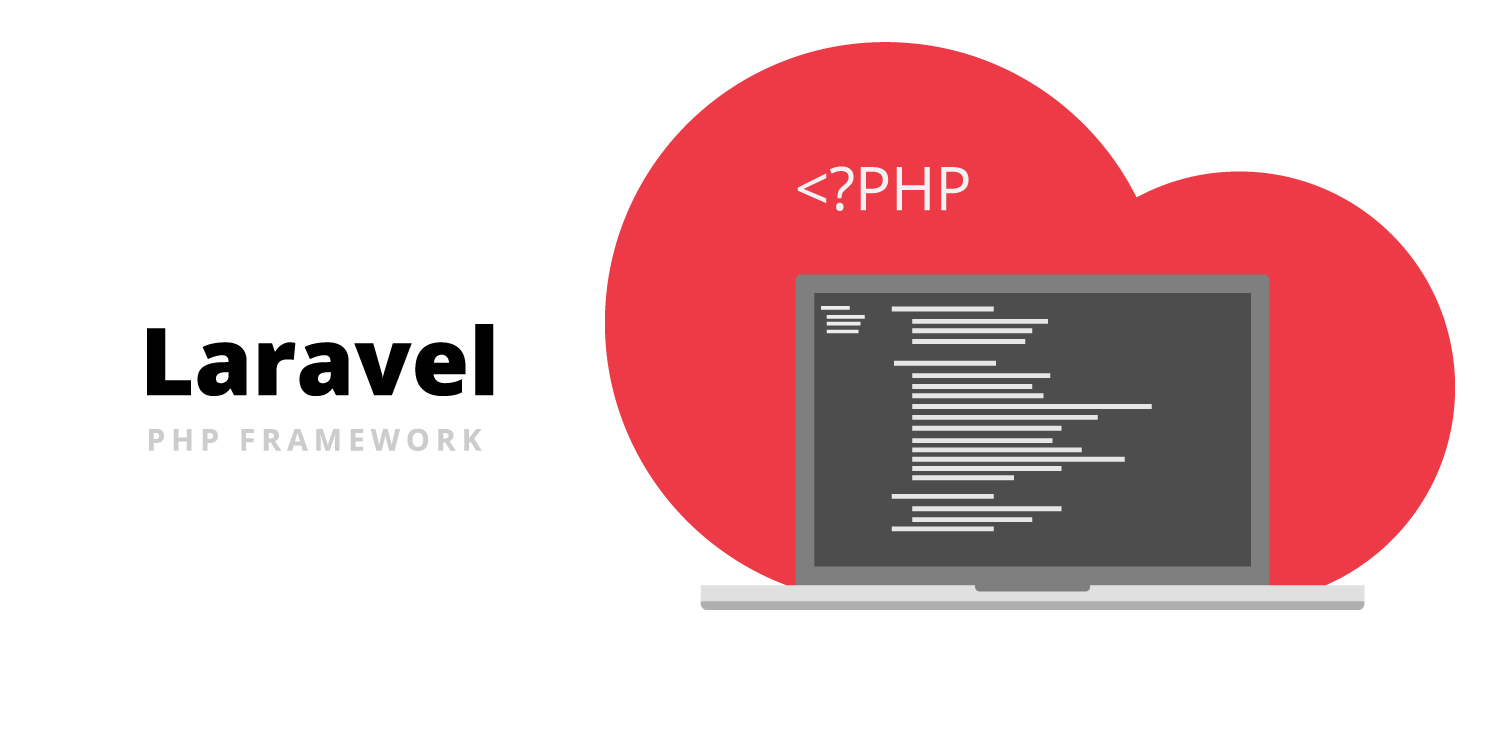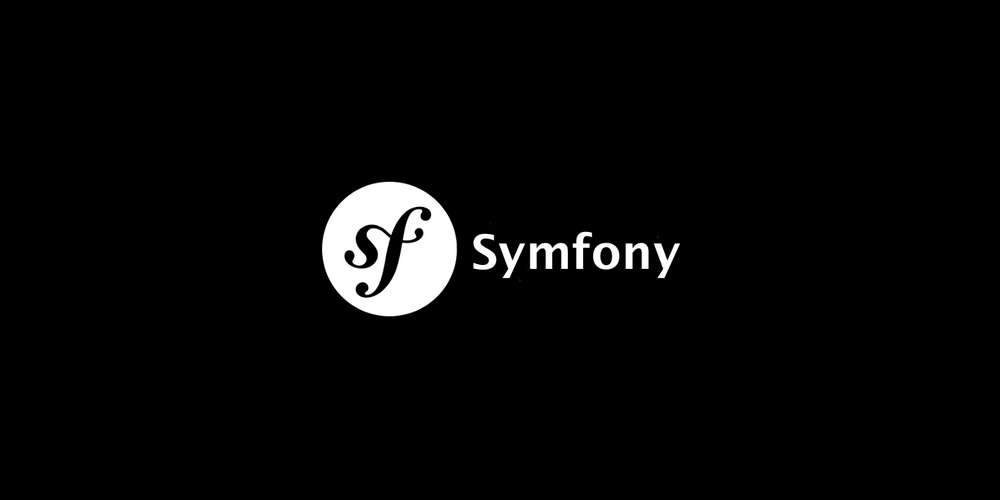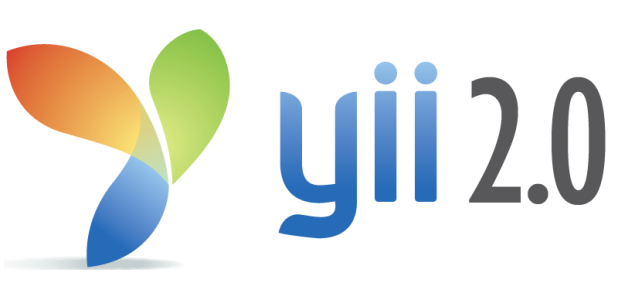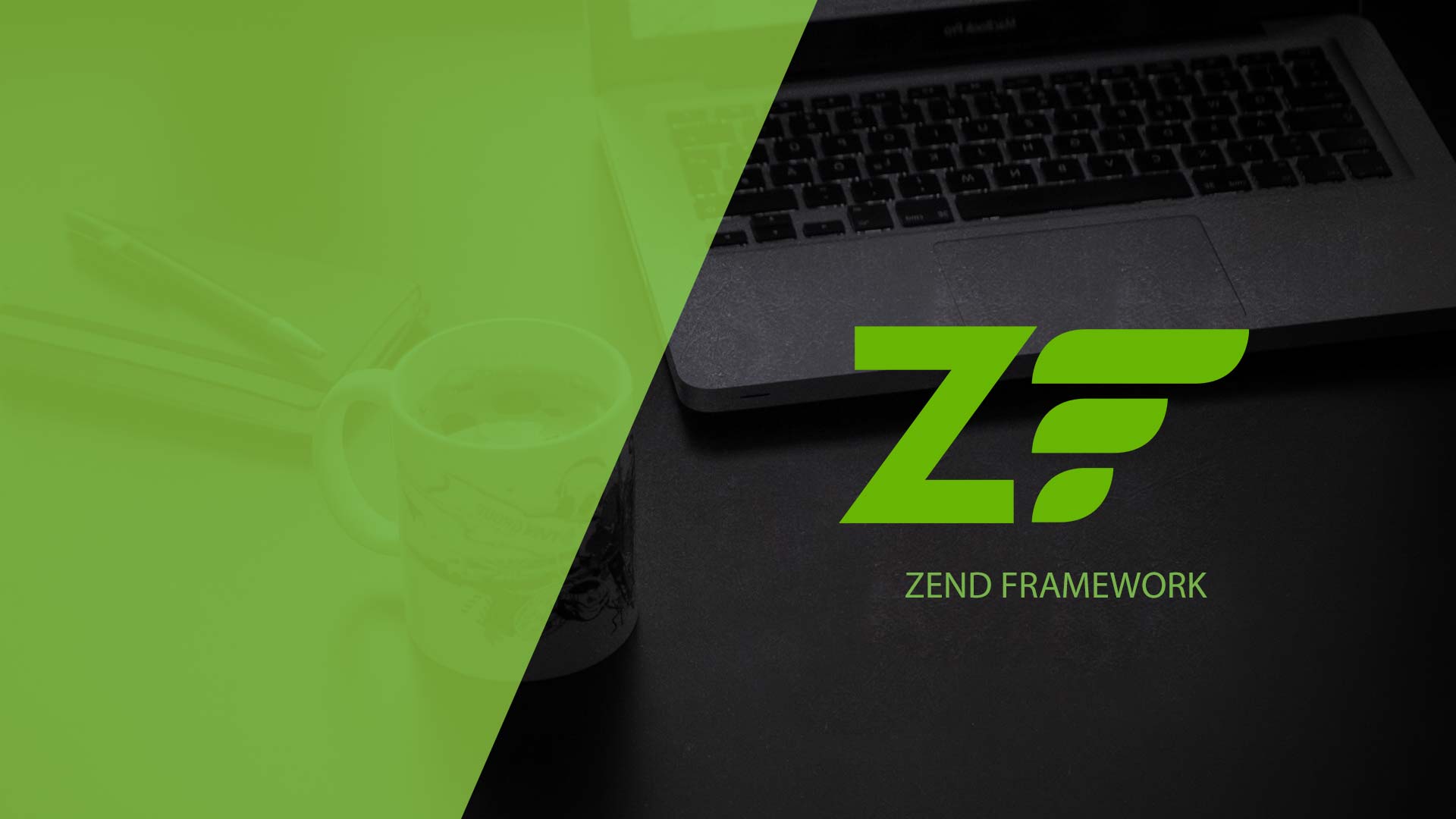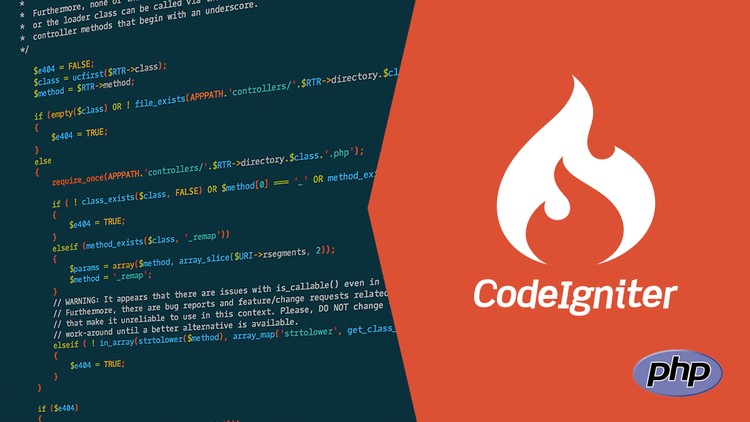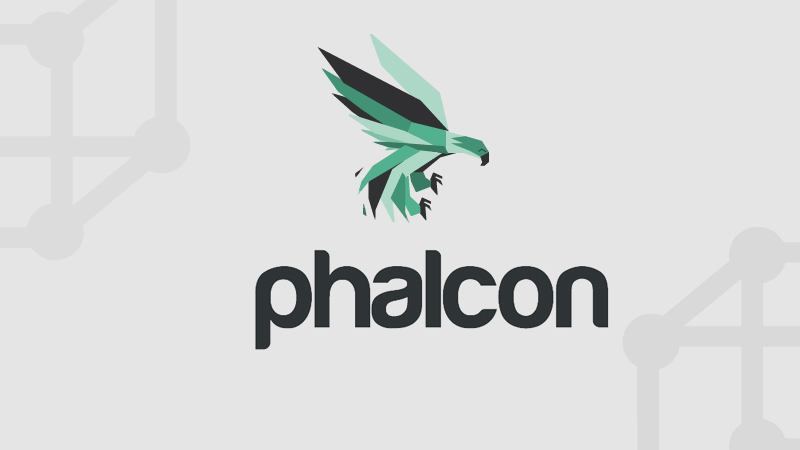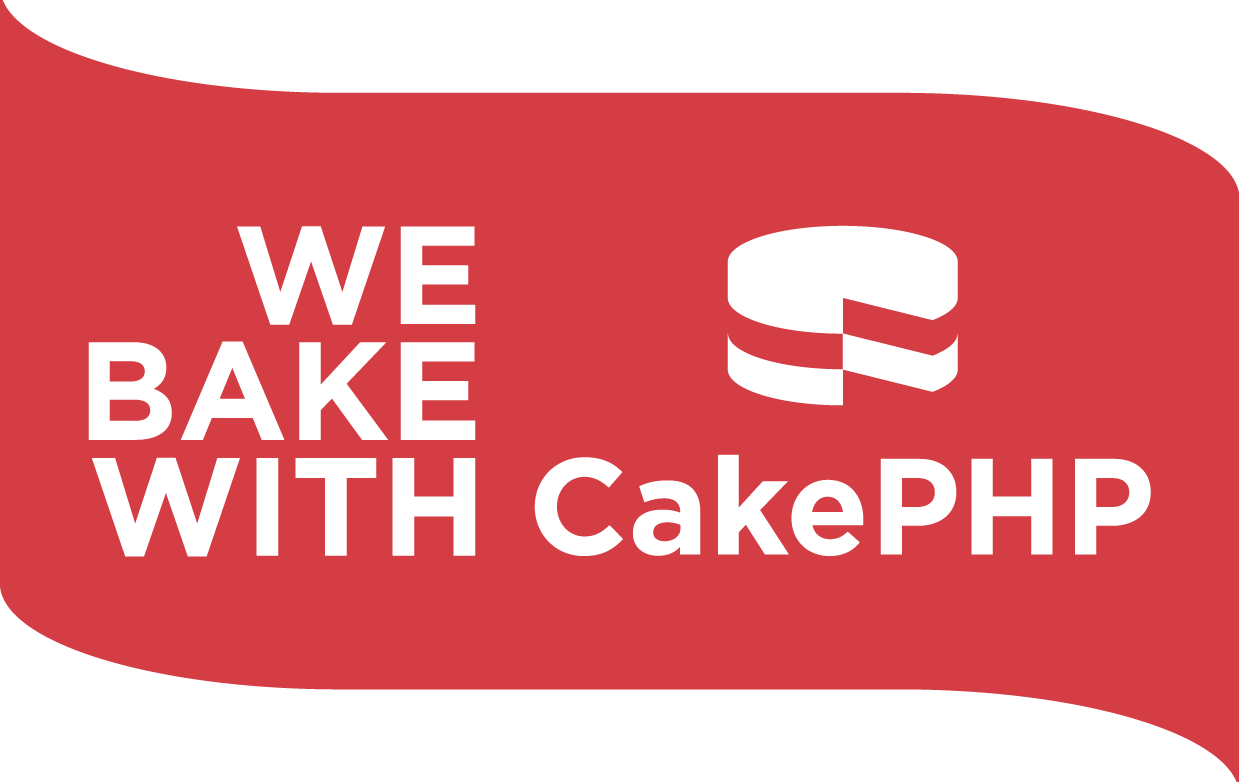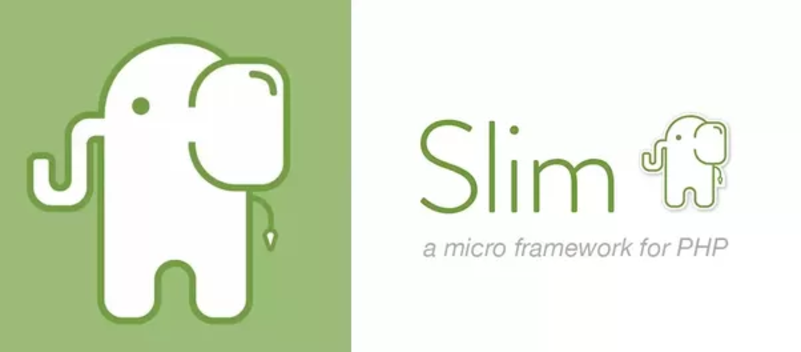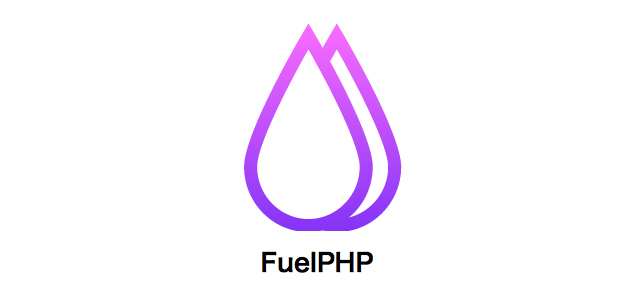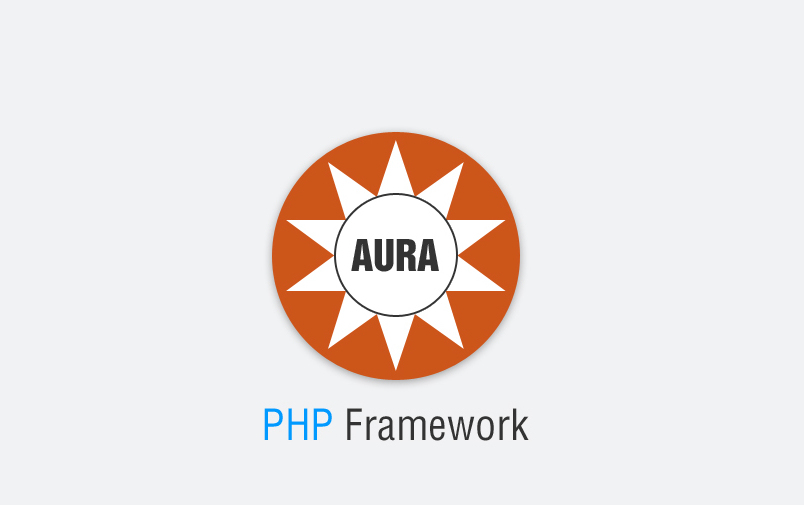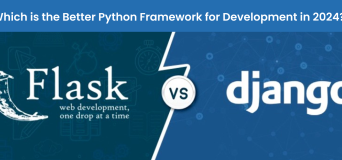PHP is one of the most widely used programming languages used for developing websites and web apps. For years, this open-source scripting language has been acclaimed for being stable and secure. However, it has evolved over a period of time. To begin with, PHP developers wrote custom codes for every single functionality, which was a tedious task. Over time, they realized that they needed a solution for this and came up with the concept of PHP frameworks.
Table of Contents
Is PHP a framework?
First things first, you need to know whether PHP is a framework. Essentially, it is regarded as one because it has all the required web development elements built into it by default. A PHP framework refers to a universal platform of reusable software that can be used for building websites and web apps of diverse sizes and complexities. It can be explained as a library of code bases along with a standardized way to enable developers to create web solutions of their choice. These have rendered ease and simplicity for the developers who need not rewrite the same code repeatedly for every page. Here are the reasons why developers rely on existing, proven PHP frameworks:
- The application of reusable, maintainable code facilitates the speed of web development
- At the same time, framework-based web apps offer the benefit of scalability
- It also guarantees a high level of security for the PHP site
- They follow the Model-View-Controller paradigm, which ensures the separation of presentation and logic
- Developers can adopt modern web development practices like OOP with the use of these frameworks
Which is the best PHP framework?
After understanding the significance of PHP frameworks, it becomes important to choose the right one. There are several options of popular, well-maintained frameworks that are considered ideal for web development projects. The answer is really subjective as what is best for you depends on what you are looking for. Let’s have a look at the options you have and you will probably know the one that is best suited for you.
(1) Laravel
One of the newer frameworks, Laravel has well surpassed its rivals in popularity. It comes packed with features that expedite the web development process. It offers a huge ecosystem that comes with an instant hosting and deployment platform. Blade, the lightweight templating engine of Laravel, enables repeat tasks such as authentication, sessions, caching, queuing, and RESTful routing. Laravel is also empowered with Homestead, the packaged Vagrant box that enables hassle-free development.
Why Laravel?
- Advanced MVC architecture
- Developer-friendly
- Amazing ORM
- Powerful query library
(2) Symfony
When it comes to developing large-scale enterprise projects, Symfony makes a perfect choice among the PHP frameworks. Its ecosystem is a huge one, with a big set of reusable components and an active community of developers. The components serve the purpose of completing diverse tasks such as for creation, the configuration of objects, authentication, routing, templating, and much more. These components are being used to power up projects such as Drupal, Laravel, PHPBB, PIWIk, and OROCRM.
Why Symfony?
- Advanced features
- Easy testing
- Extensive community support
- deal for large-scale applications
(3) Yii 2
Yii which happens to be one of the oldest PHP frameworks has come up with its latest version Yii 2 to get a much-needed popularity boost. A purely object-oriented framework, Yii 2 employs the lazy loading technique which makes it faster than the others. It excels in large-scale website development because it can be integrated with AJAX and JQuery features. Additionally, it offers Gii, the powerful code generator tool.
Why Yii 2?
- Simple configuration
- AJAX support
- Highly secure
- Support for third-party components
(4) Zend
Featuring next on this list is Zend, which packs a range of features such as a user-friendly drag-and-drop editor, cryptographic coding tools, a connected Database Wizard, and instant online debugging tools. The scalable framework is ideal for complex websites as it offers a myriad of configuration options. However, it is one of the most difficult to learn.
Why Zend?
- Lightweight component library
- Simple learning curve
- SEO friendly
- Supports multilingual features
(5) CodeIgniter
CodeIgniter, a lightweight framework, is popular because it provides a hassle-free installation with minimal configuration requirements. Its ability to work smoothly on all shared as well as dedicated hosting platforms, adds to its popularity. Not entirely based on the MVC pattern, CodeIgniter offers flexibility to developers. They have the compulsion to use Controller classes but there is an option for using Models and Views. Other features include easy error handling, simple security and encryption steps, and no PHP adoption struggle.
Why Codeigniter?
- Simple solutions for complex problems
- Excellent performance
- No large monolithic libraries
- Clear documentation
(6) Phalcon
Phalcon excels in performance because it is based on C and C++. An easy to use and well-documented framework, Phalcon is loaded with exceptional features such as asset management, universal auto-loader, translation, caching, and security.
Why Phalcon?
- Superlative performance
- Reliable security
- Lower memory consumption
- Auto loading mechanism
(7) CakePHP
Another widely appreciated member of this list is CakePHP, which brings speed, security, and reliability. It has been around for a decade now but still holds high in terms of popularity. The credit goes to unbeatable features such as SQL injection prevention, cross-site request forgery (CSRF) protection, and cross-site scripting (XSS) prevention.
Why CakePHP?
- Clean MVC conventions
- Flexible database access layer
- Easy code reusability
- Powerful scaffolding
(8) Slim
Slim is a lightweight micro-framework that is relevant for small to medium websites, RESTful APIs, and services. Despite being minimalistic in design, Slim comes packed with rich features such as Client-side HTTP Caching, session and cookie routing, URL routing, and support for flash messages across HTTP requests.
Why Slim?
- Broad and lightweight
- Ideal for developing REST APIs
- Well-organized documentation
- Easy template rendering
(9) FuelPHP
Next on this list is FuelPHP, a modular, extendable, and flexible PHP framework. The full stack framework supports the MVC pattern as well as its evolved version Hierarchical Model-View-Controller (HMVC). It is suitable for delivering end-to-end web solutions of diverse sizes and complexities.
Why FuelPHP?
- Advanced authentication packages
- Extremely fast
- Enhanced security features
- Built-in modular structure
(10) Aura
Aura comprises a collection of library packages, each of which is usable independently in any code base. This framework is relevant for developers who prefer to write codes without relying on a full-stack opinionated framework.
Why Aura?
- Self-contained library
- Extensive documentation
- High flexibility
- Swift Development
Choosing a PHP Framework that works for you
Choosing the best PHP framework for creating large-scale applications can be a tough job, considering the wide range of options that you have. While you can compare these available frameworks, a few generalized questions can give you a fair idea about the one that would be ideally suited for you. Here are the questions that you need to consider while you choose:
- What components and functionalities do I expect the framework to provide?
- Is the framework being developed regularly?
- Does the framework have a large community around it?
- What is the learning curve for the framework?
Besides these key questions, scalability, speed, and security are the basics that every developer looks for while exploring these frameworks for a smooth web application development journey. From the business perspective, it is vital to collaborate with a PHP web development company that has comprehensive knowledge and experience with all these platforms. Not only is such a provider capable of developing a top-notch application for you, but can also decide the best framework option.
Frequently Asked Questions
Now that you understand the basics of all the popular PHP frameworks for web development frameworks, there will be some specific questions regarding the choice based on your circumstances. Here is a list of frequently asked questions answered for you.
Q: Which PHP Framework is ideal for beginners?
PHP has diverse frameworks, which do not differ much in features. Although these platforms work on a similar MVC architecture, some are easier to understand as compared to others, making them just as apt for beginners. Codeigniter is a PHP framework that is easy to use and learn. Additionally, it works on the MVC architecture too.
Q: Which is the best-suited PHP framework for e-commerce sites?
E-commerce development has requirements that differ from those of a conventional website. Laravel comes with a set of optimized features and functionalities that make it right for developing e-commerce websites. Moreover, it offers the scalability and security that is essential for such sites.
Q: What is the PHP framework from the security perspective?
Both Laravel and Symfony offer optimum security with their reliable features. These include a smart role management feature and a robust user authentication/authorization process. Besides these inbuilt security features, there are also some third-party security packages available for these languages.
Q: Which is the best PHP MVC framework?
A majority of PHP frameworks use MVC as their standard architecture. This renders an easy for developers to build advanced web applications that are integrated with optimized features. Laravel, Zend, Symfony, and Yii 2 are the most acclaimed PHP MVC frameworks.
Q: Which PHP MVC framework is considered the best for REST API?
Laravel emerges as one of the best PHP MVC frameworks for building REST APIs as it offers a host of features including great code assistance, easy token authentication, and smart debugging functions.
Conclusion
You will probably be armed with enough information to shortlist the best option in PHP frameworks for your needs. You can get connected with a PHP development specialist to get started with your application. OrangeMantra is an application development partner you can trust as we are renowned for our PHP expertise and experience.
